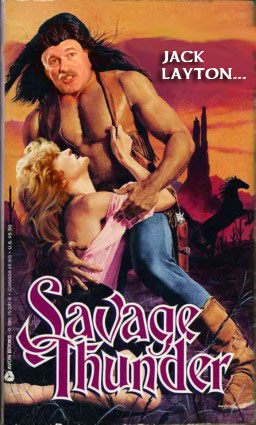Bend Over, Sony
That’s the message right now for Sony BMG Music Entertainment, which is now being sued by the state of Texas and the Electronic Frontier Foundation (EFF), after two weeks of a blogger-fuelled firestorm over copy-protection software Sony put on some 50 CDs.
The software, intended to stop people from ripping music from CDs to their computers so they could download it to MP3 players or share it on the net, was first discovered by security researcher Mark Russinovich and then posted on his blog. Copy-protection mechanisms are nothing new, but this one was different, because it installs, without the user’s knowledge, what is called a rootkit.
A rootkit is a tool typically used by hackers and sometimes system administrators that runs invisibly on computers and gives its user total control. The problem with Sony doing this is twofold: first, it is installed without asking informed permission from the user, second, it poses a security risk because it can be piggy-backed on by hackers. When Sony capitulated and released an uninstaller tool, it was also found to present a serious security threat. Two malicious software programs that piggyback on the security vulnerabilities Sony has created in people’s computers have already popped up.
Now they’re getting sued in the US under anti-spyware laws. No legal action has been announced in Canada yet, even though Sony has sold 120,000 CDs here that have this problem.
This is one more sign that the music industry just doesn’t get it, something that alevo has written about before. They don’t get it from a customer-relations point of view, as Paul Graham writes in a great article about the new Internet (Web 2.0):
The web naturally has a certain grain, and Google is aligned with it. That’s why their success seems so effortless. They’re sailing with the wind, instead of sitting becalmed praying for a business model, like the print media, or trying to tack upwind by suing their customers, like Microsoft and the record labels.
But they also don’t seem to get it from a technological point of view. The absolute bottom-line is that stopping people from copying music from CDs to their computers, and then sending it to anything else – their MP3 players, burned CDs, or the entire world – is impossible.
When music is recorded, it is stored as a signal. The transmission and recording of signals has been wide-spread for decades. There is no copy-protection technology that will ever stop people from simply plugging their stereo into their computer, playing the music they want on their stereo and recording it onto their computer. There is nothing the music industry can do to stop consumers from recording songs from the radio onto their PCs either. The 21st century equivalent of recording 80s hits on your boombox and then making tapes for your highschool sweetheart cannot be eliminated with even the most obtrusive software.
All the recording industry can do is try and make it more inconvenient by coming up with various ridiculous and as it turns out, possibly illegal schemes. This is like cutting off their nose to spite their face. Making things difficult for their customers isn’t just losing them business, it’s also driving the success of the peer-to-peer (P2P) file-sharing networks that took over where Napster left off: too inconvenient to plug your stereo into your computer, play the songs and record them? Just start up a P2P program like the fabulous SoulSeek and you’ll get the song you want, neatly encoded as an MP3 and ready for your iPod in just a few moments.
If the recording industry doesn’t stop fighting this losing battle, they’re going to wake up one day and realize they’ve lost. The Internet, and their customers, will have moved on without them.
 “Ehhhh Canada, say ‘ello to my little friend!”
“Ehhhh Canada, say ‘ello to my little friend!”

 Sent in by tim
Sent in by tim
 twitter.com/adriandz
twitter.com/adriandz
